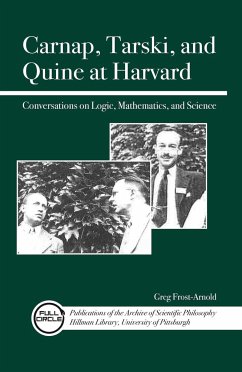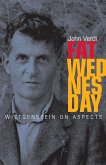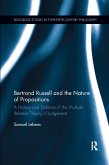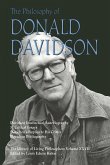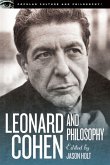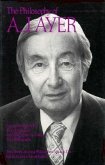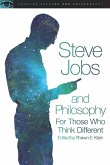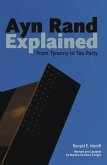During the academic year 1940-1941, several giants of analytic philosophy congregated at Harvard, holding regular private meetings, with Carnap, Tarski, and Quine. "Carnap, Tarski, and Quine at Harvard" allows the reader to act as a fly on the wall for their conversations. Carnap took detailed notes during his year at Harvard. This book includes both a German transcription of these shorthand notes and an English translation in the appendix section. Carnap's notes cover a wide range of topics, but surprisingly, the most prominent question is: If the number of physical items in the universe is finite, what form should scientific discourse take? This question is closely connected to an abiding philosophical problem: What is the relationship between the logico-mathematical realm and the material realm? Carnap, Tarski, and Quine's attempts to answer this question involve issues central to philosophy today.This book focuses on three such issues: nominalism, the unity of science, and analyticity. In short, the book reconstructs the lines of argument represented in these Harvard discussions, discusses their historical significance (especially Quine's break from Carnap), and relates them when possible to contemporary treatments of these issues.

